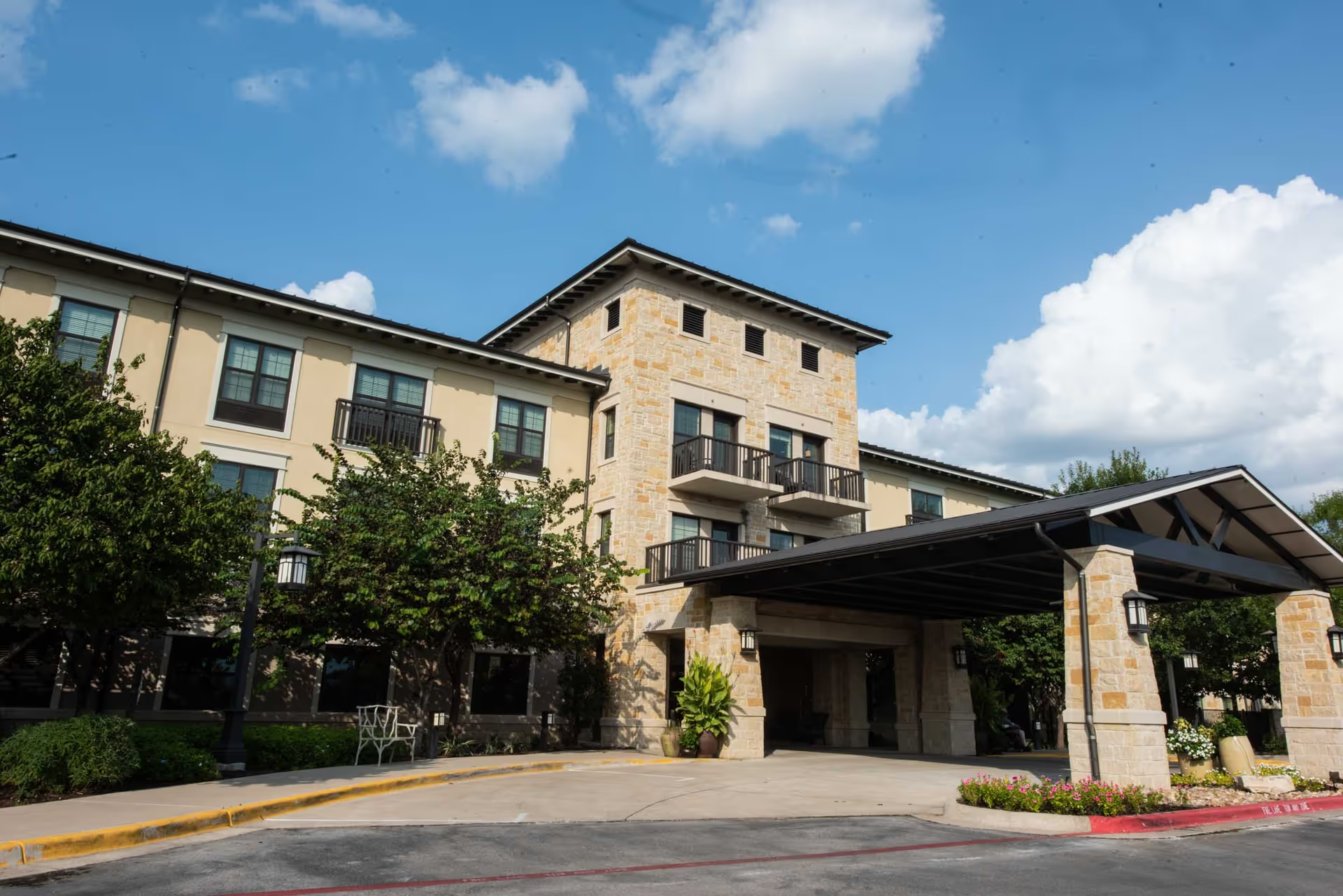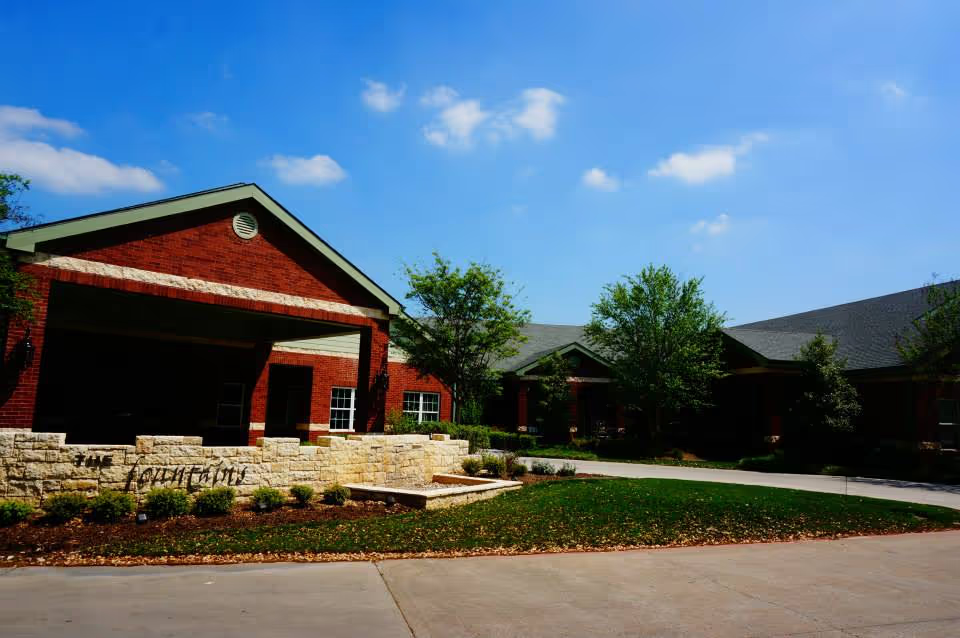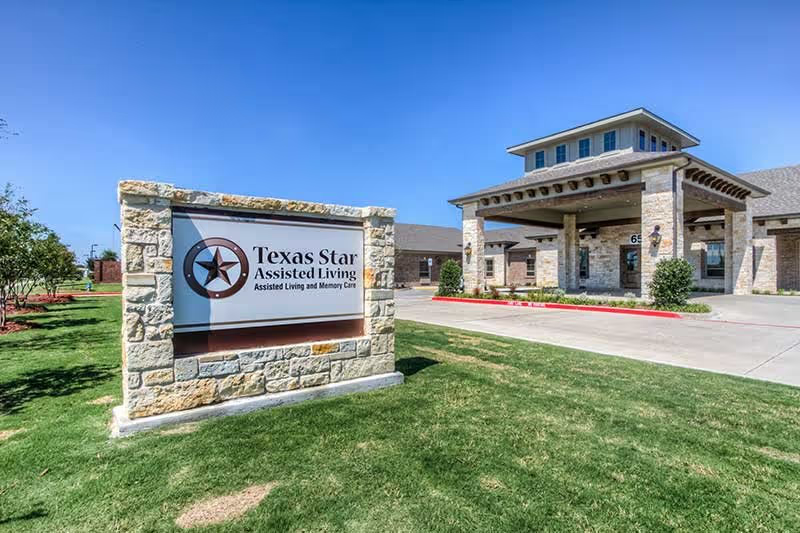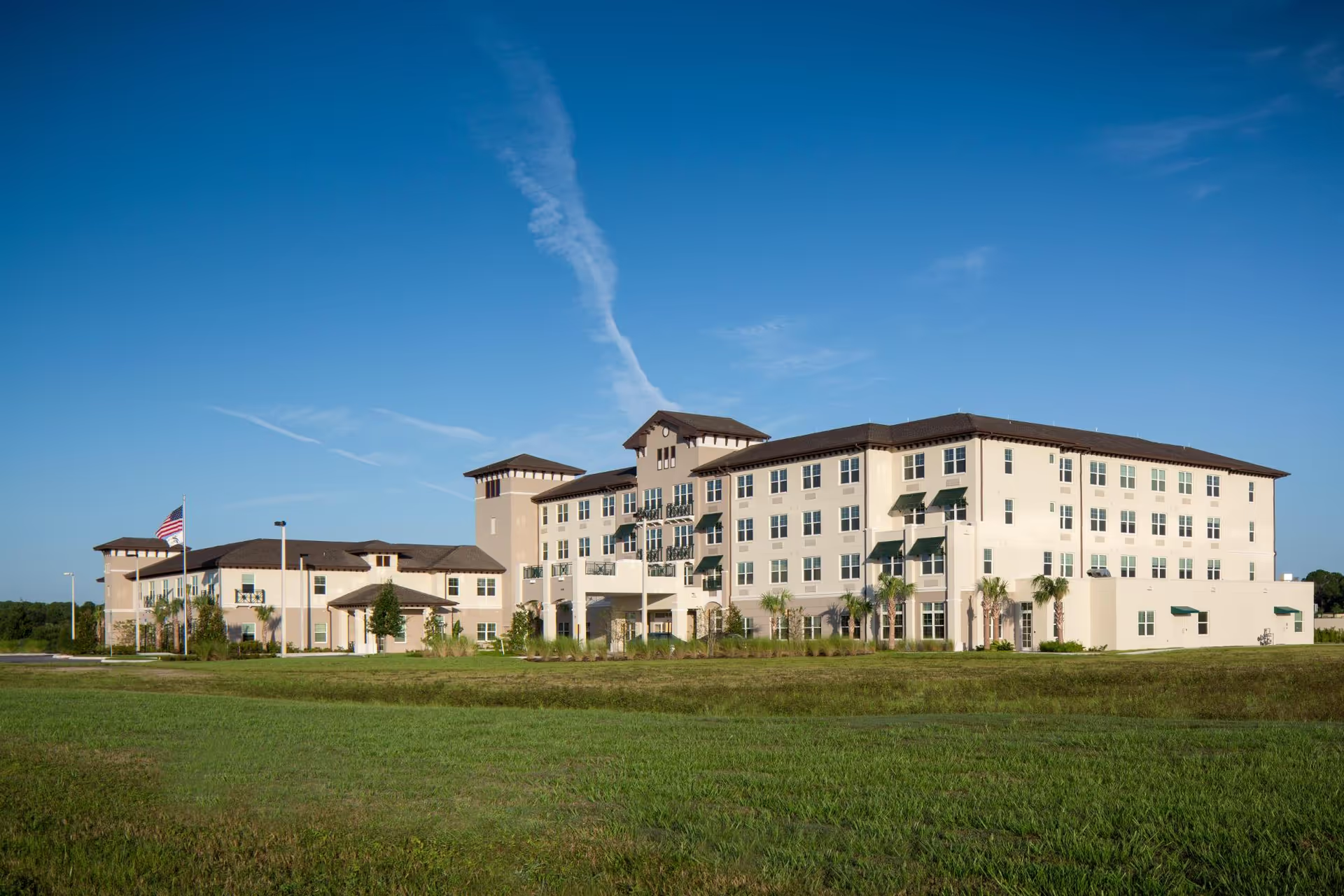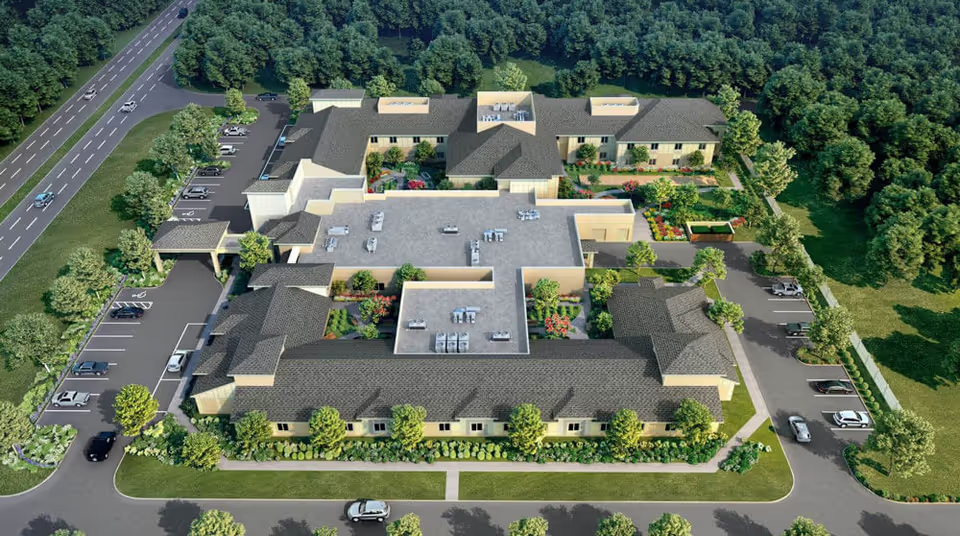Overall sentiment across the reviews for Willow Fork Alzheimer's Special Care Center is predominantly positive, with many families emphasizing compassionate, dementia-focused caregiving, a bright and home-like environment, and good value for memory care services. The staff receive consistent praise for being caring, patient, and attentive; several reviews single out specific staff members (for example, executive-level praise for Tony Salazar and hands-on clinical praise for med techs/nurses) as being particularly effective and communicative. Multiple reviewers describe the community as warm and nurturing, where residents are treated like family and staff spend time engaging with residents beyond basic care tasks.
Facility and environment are frequent strengths. The physical space is commonly described as clean, well-decorated, and uplifting — bright, sun-filled rooms, courtyards, patios, and neighborhood-style memory care layouts are repeatedly noted. Common areas such as activity rooms, television/piano areas, and dining rooms are described as welcoming and homey; small touches like fresh-baked aromas and tasteful furniture contribute to a non-institutional feel. Several reviewers appreciated the facility’s preparedness during outages (backup power) and the overall convenience of the location.
Activities and social life are another strong theme. Reviewers report a good variety of programming tailored for memory-care residents: arts and crafts, bingo, music and sing-a-longs, yoga, karaoke, Bible classes, physical therapy, and family-oriented monthly socials or family nights. These recurring events are highlighted as enhancing resident stimulation, promoting social bonds, and providing meaningful family engagement. Some reviews note that activities have expanded over time and there are plans to grow programming further with additional staff or volunteers.
Dining and daily services receive many positive mentions. Multiple families describe meals as delicious and nutritious; reviewers note regular offerings (breakfast, snacks, lunch, dinner) and praise attentive dining staff and a pleasant dining room atmosphere. Care coordination and individualized memory-care planning are cited as strengths — reviewers say staff are skilled at redirecting residents and tailoring care levels, which many families find reassuring.
Despite the many strengths, there are important and recurring concerns to weigh. Staffing shortages and turnover are reported across several reviews, and these issues contribute to inconsistent experiences: while many families praise certain nurses and med techs as outstanding, others describe variability in care quality between shifts or over time. A serious safety concern appears in some feedback — at least one reviewer reported a resident escape and delayed crisis response, along with perceived failures in medical/crisis handling and follow-up communication. These incidents were upsetting to families and point to lapses in supervision or procedure in isolated cases. Relatedly, a few reviews mention inadequate medical care or difficulties managing behavioral-health hospitalizations.
Operational and administrative themes are mixed. Many reviewers applaud administration for responsive communication, quick resolution of concerns, and visible engagement; others point to past administrative instability (directors leaving), periods when staff performance lagged, and times when activities were limited (for example during COVID restrictions or renovations). Practical concerns raised by multiple families include laundry not consistently managed, occasional room cleanliness/maintenance needs, limited availability of private rooms (some only semi-private), and occasional hydration or medication-management issues. Some reviewers advise touring multiple facilities to ensure the care level matches a loved one’s needs, noting that Willow Fork is a very good fit for many but not universally ideal.
In summary, Willow Fork is widely regarded as a warm, well-kept, memory-focused community with compassionate staff, meaningful activities, and good value. Its most consistent strengths are person-centered dementia care, a welcoming physical environment, and active family engagement through events and communication. The primary caveats are variability tied to staffing and occasional operational lapses — including a few serious safety/medical incidents reported by families — which suggest the quality experience can depend on timing, staffing levels, and individual unit leadership. Families considering Willow Fork should weigh the broadly positive feedback and the facility’s dementia-care specialization against the importance of stable staffing and clinical reliability for their loved one, and are advised to tour the community, ask about current staffing patterns, private-room availability, emergency procedures, and recent incident follow-up before making a decision.
